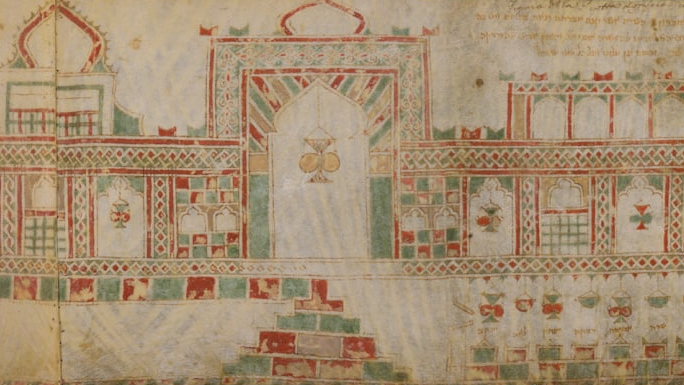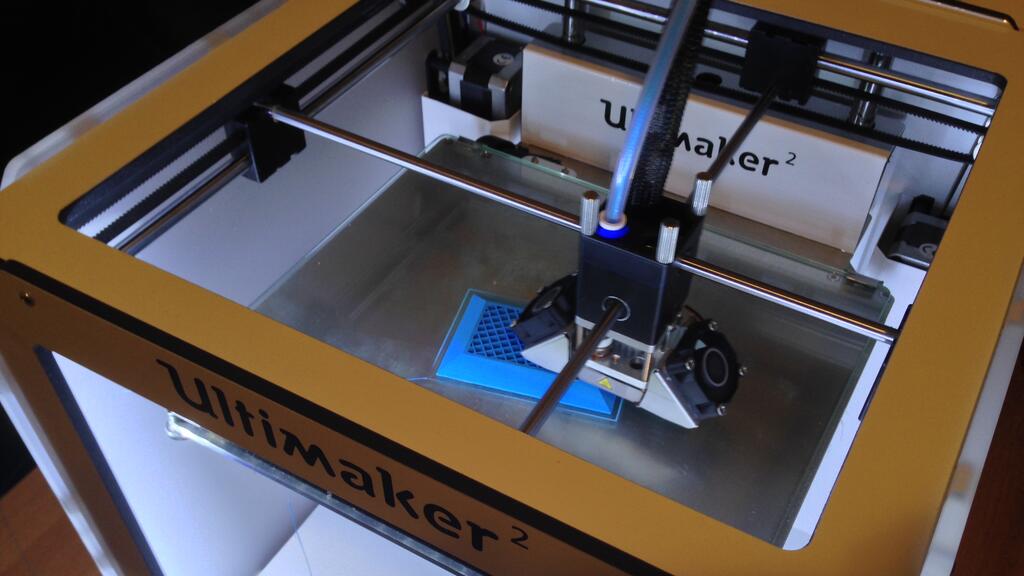The Israel Museum is one of the most prestigious institutes in Israel and abroad, with thousands of items on display, from pre-historic eras to modern day. But how are all of these precious artifacts protected and preserved? We had a rare chance to go inside some of the museum's conservation labs.
Located in a side wing of the museum, the complex consists of several rooms of different sizes, each one dedicated to a different type of item, categorized mainly by its material. The head of the conservation department, Sharon Tager, gave us a brief background on this field: "The Israel Museum in Jerusalem has the largest and oldest conservation department in Israel.”
“It was established in 1963, two years before the museum was opened to the public,” she continued. “We have almost 20 conservators working in different material specialties. We are a small, vibrant community. We work with the curators to preserve and protect the museum's collection.”
The central lab is the organic objects conservation lab. Here, we can see the preservation work of objects like clay vessels or an impressive mosaic from the Byzantine era. The mosaic preserver Victor Uziel tells us about the process, explaining, "This mosaic was on display in the 1970s. It has old casting, which doesn't fit the modern exhibitions."
"So we are working on it to put it back on display. We are trying to improve its overall appearance. We are now working on the bottom of the mosaic and trying to complete the missing parts, which we know we can complete."
The paper conservation lab is dedicated to ancient and new items which showcase inscriptions, paintings and texts. Working in this lab requires high caution and patience, since the materials may be very delicate and sensitive. For example, an ancient congregation book from the Neve Shalom Jewish community in Surinam dates back to the 18th century CE.
Conservator of print and drawings Rami Salameh tells us the secrets of preserving this precious item: "We started to do XRF research about the colors here. We noticed a modern color here, not the original color. We also saw other repairs which also got damaged. We also saw that the book got cut. We don't know exactly when, but they cut some parts of the book and didn't repair it."
Our next stop is the Textile Conservation Lab, where we can see different fabrics and artworks. Conservator Yona Dresner shows us an elegant silk coat from the early 20th century, explaining, "This coat was exhibited at the museum for six months, and now it was replaced with another coat because we don’t want to expose delicate items to too much light.”
“This is made of silk, which is very sensitive to light. The coat was returned to the lab to do a little work on it. It’s a little torn, but it will be ok. We'll stabilize it with a lot of nylon net," she explained.
The conservators are using advanced techniques such as scans and 3D printers. But what seems like a technical job has many challenges.
"In Israel, because we are such a small community and most of our material and knowledge needs to be acquired abroad, we need to invest much more time and money to obtain an education," says Sharon Tager.
"The daily challenges are the hectic schedule of exhibitions and loans. But on the other hand, because we are such a small community, it makes us more creative in finding the solutions for challenges that arise during our work."
Reprinted with permission from i24NEWS




